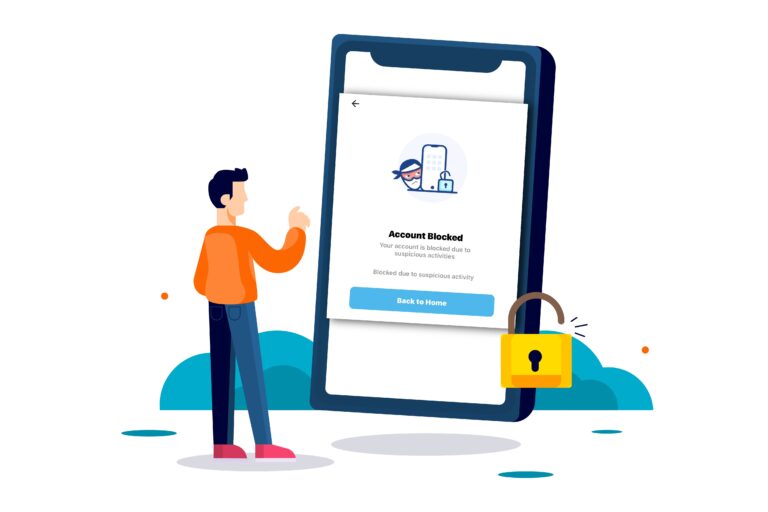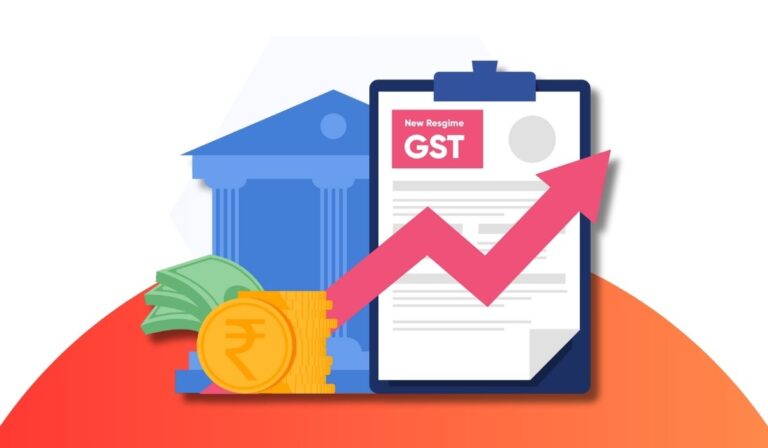Due to the rise of Fintech companies like PayMe, the finance world has undergone a massive transformation in the past few years. Fintech companies rely on technologies to provide their consumers with advanced services and products, which has helped them gain a reputation among tech-savvy consumers. Application Programming Interface or API is also a technology that has revolutionized the Fintech industry through API. Multiple software systems can communicate with each other and dynamically exchange data as well. In this blog, we will explore the role of APIs in the Fintech industry and how they transform financial service delivery.
Working on an API?
An Application Programming Interface (API) is a set of tools and protocols to build software applications. APIs enable developers to make new applications or enhance existing ones. APIs use protocols like HTTP or HTTPS to send and receive messages in the form of requests and responses. They work on a request-response mechanism, where one application sends a request to another, and the application that receives the proposal responds with the needed action. APIs are used for many purposes, like retrieving, transmitting, or triggering an action on another application.
APIs use multiple authentication methods to secure and verify requests. These methods include API keys to access public APIs and OAuth and JSON web tokens to provide the private APIs secure access.
Benefits of APIs
Some significant benefits of API include:
- Interoperability: API allows developers to operate between multiple software applications. It will enable them to build applications with a modular architecture and allow different components to interact.
- Scalability: APIs provide standardized interfaces and support concurrent requests without impacting the system’s performance.
- Security: APIs with solid security features ensure that the data is protected and is only accessible by authorized users. This helps Fintech companies to keep their private and protected information protected.
- Better User Experience: Fintech companies use API to integrate applications and platforms, which helps in providing a convenient and faster user experience.
- Better Access to Data: An API allows Fintech companies to make informed decisions as it provides access to data from different sources. It makes it easier for Fintech companies to access the required information from any financial institution without manually entering it.
How are APIs used in various industries?
- Finance: APIs are an essential tool for the finance industry as it allows them to provide real-time data on stocks and many other financial instruments.
- Healthcare: Healthcare industries have started using API to share a patient’s data with other healthcare centers or specialists in a well-protected and secure manner. Many hospitals and healthcare providers use the Fast Healthcare Interoperability Resources (FHIR) API to share patient data.
- Entertainment: Entertainment industries use API to access movies, shows, reviews, ratings, etc. For example, IMDb API and Rotten Tomatoes API.
The effects of the API economy on businesses:
The API economy allows the software development industries to create user-centric applications that support workforce productivity. In addition, the API economy and microservices have made data and services even more easily accessible.
Businesses can now create even more powerful applications that help provide real value to their customers and enhance their growth.
Challenges Associated with APIs:
- Technical challenges: Building and maintaining an API are some significant challenges. Developers must ensure that the APIs are reliable, scalable, and efficient even under heavy load.
- Data Security: Financial information is considered the most sensitive information of an individual or an organization. Fintech companies must ensure that the APIs they’ve been using are secure and well-protected against fraudulent activity or unauthorized access. APIs must have a robust encryption system.
- Market Pressure: Since Fintech companies are rising at a fast pace, the competition among them is also increasing. Using APIs help companies be innovative and offer new products and services, but to stay in the market and be consumers’ choice, companies must keep up with the latest trends and technologies.
APIs are essential for modern software development as they promote innovation and collaboration. However, even though APIs have advantages, developers must always be aware of the risks and design them to be secure and reliable.
Read More: What is Consumer Lending




